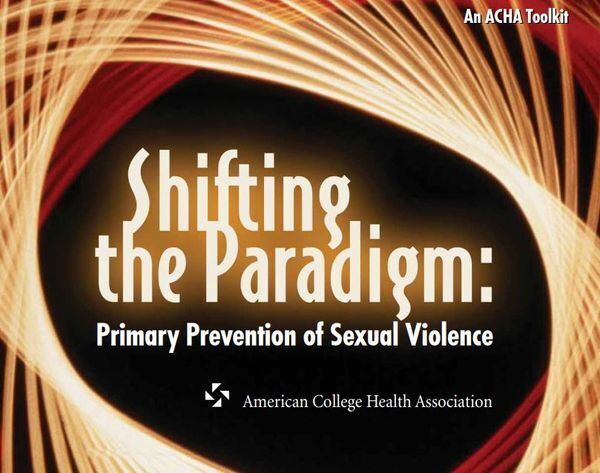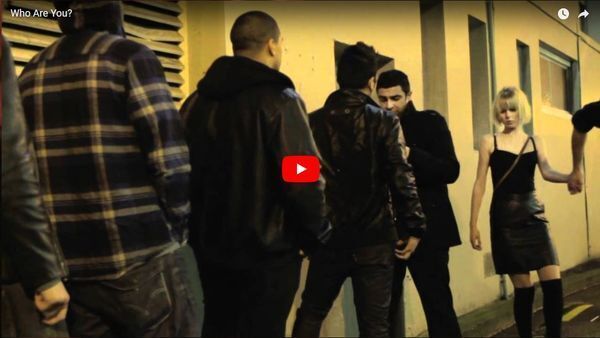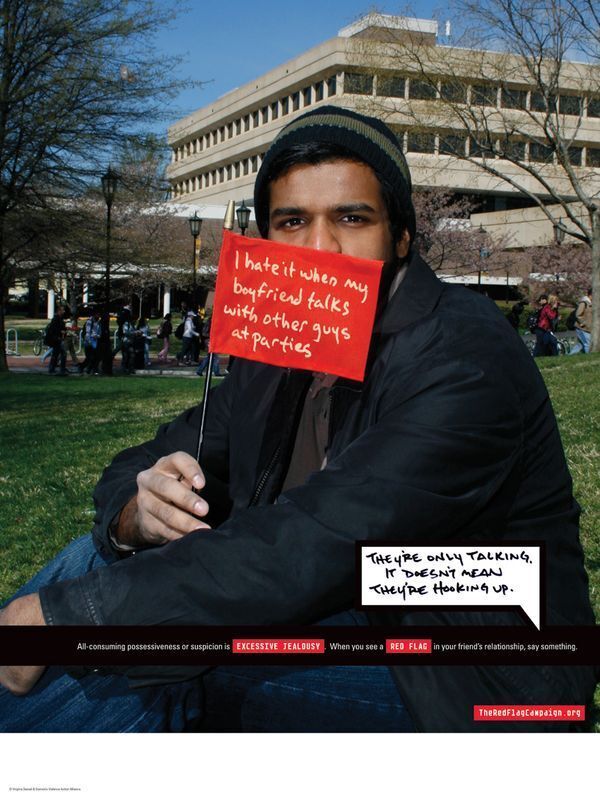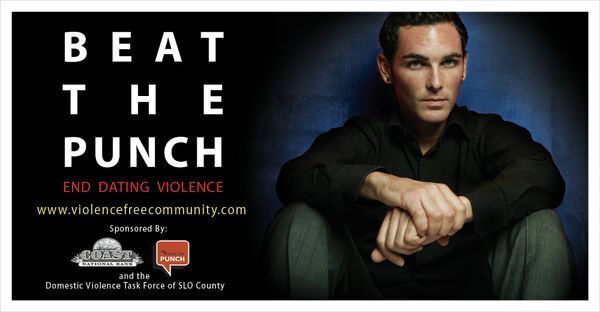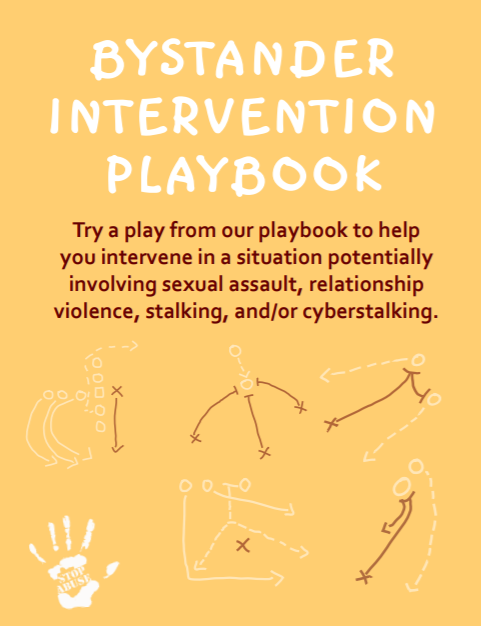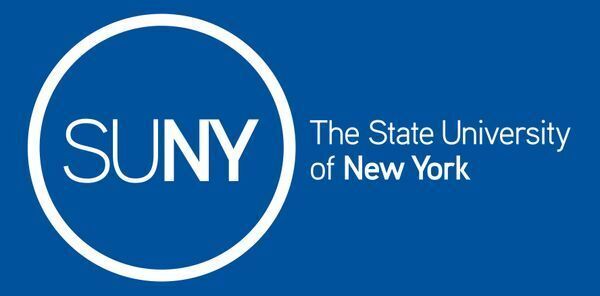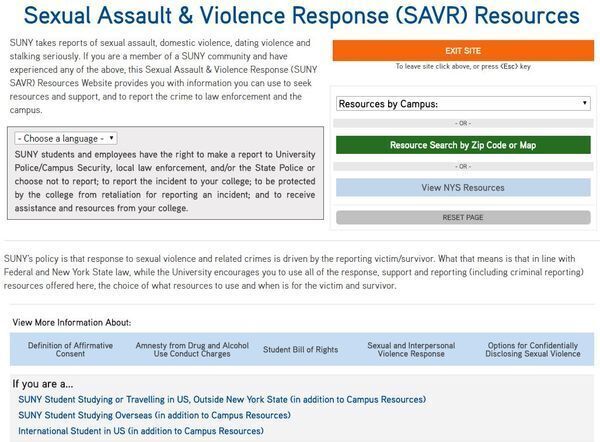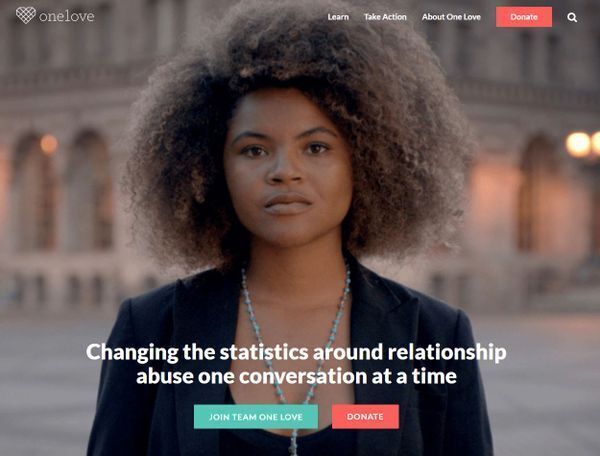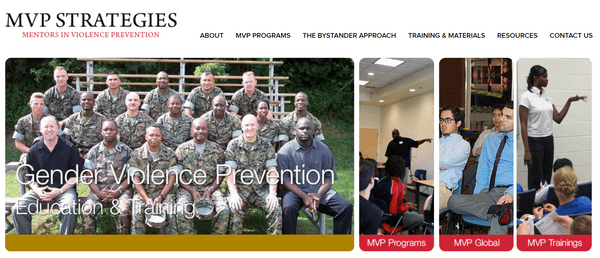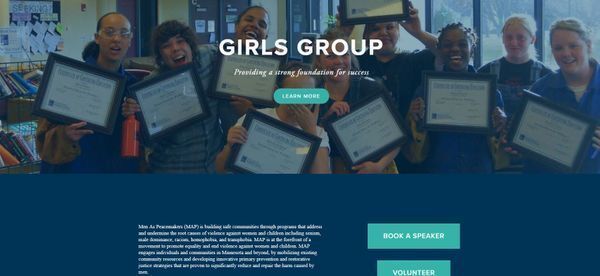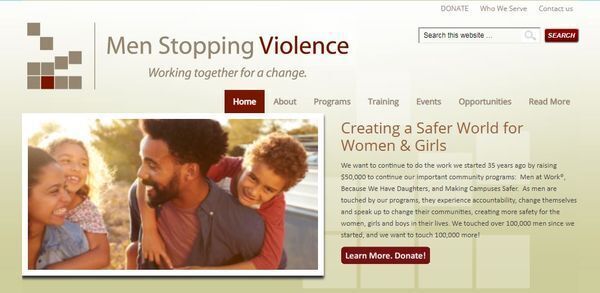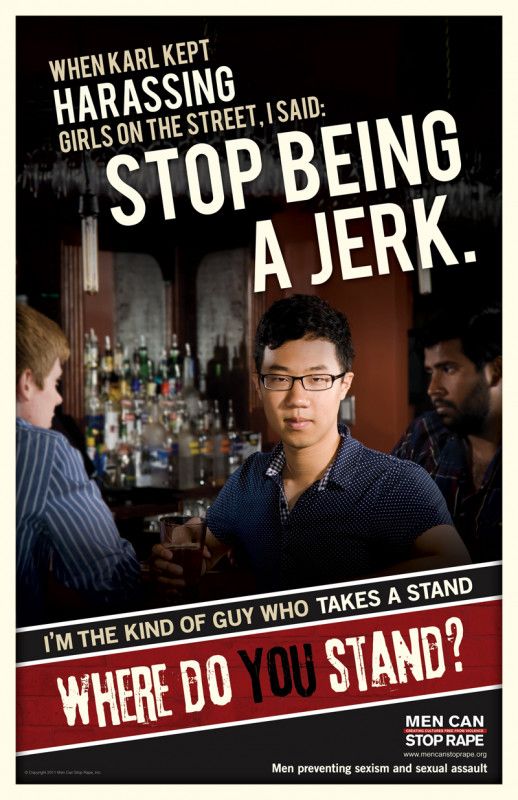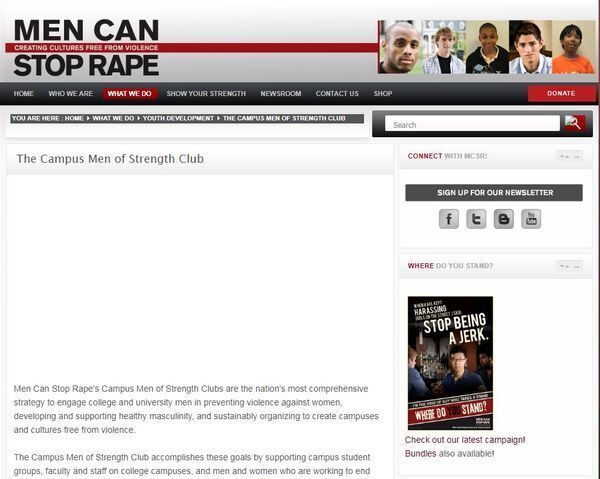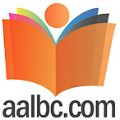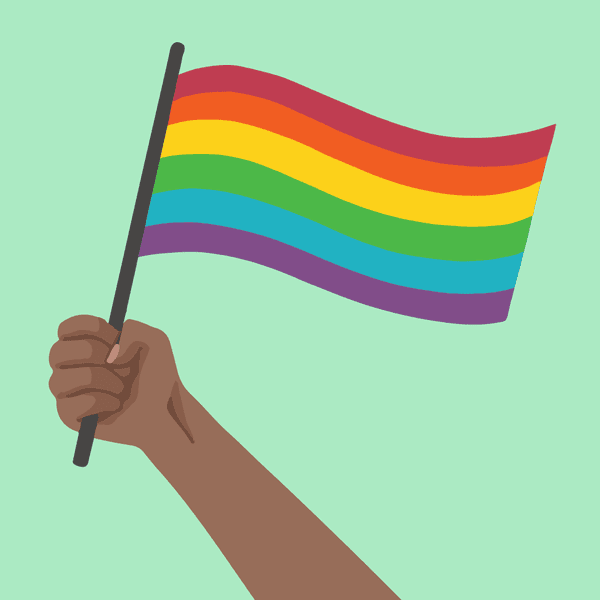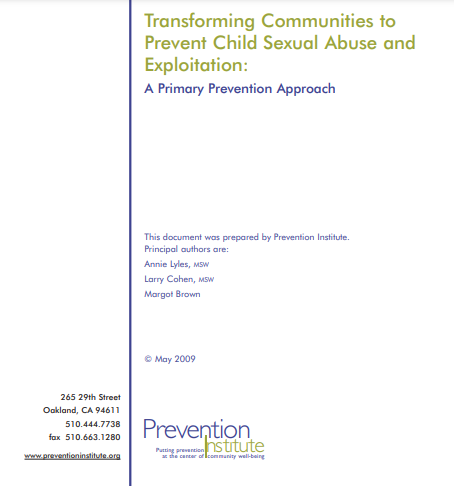-
The American College Health Association developed this toolkit — Shifting the Paradigm: Primary Prevention of Sexual Violence — to provide facts, ideas, strategies, conversation starters, and resources to everyone on campus who cares about the prevention of sexual violence. While there is a rich volume of tools, knowledge, and resources for intervention after sexual violence, the emphasis of this toolkit is to encourage prevention activities that take place before sexual violence has occurred and which create social change and shift the norms regarding sexual violence. A primary prevention approach to preventing sexual violence requires a paradigm shift in the thinking of the campus community. Primary prevention helps create environments that promote respect, equality, civility, healthy relationships, and healthy sexuality — and ultimately, a campus environment where students are safe and learning successfully.
-
‘Who Are You’ is a ground-breaking, multi-media campaign that focuses on what each and every one of us can do to stop a possible sexual assault from happening. It offers a free toolkit that uses group exercises and a short film to educate young people about the prevention of sexual violence, being a responsible bystander and ethical decision making.
-
The Red Flag Campaign is a social norms campaign designed to address dating violence and promote the prevention of dating violence on college campuses. The campaign was created using a “bystander intervention” strategy, encouraging friends and other campus community members to “say something” when they see warning signs ("red flags") for dating violence in a friend’s relationship. The campaign posters reflect racially and ethnically diverse models, and illustrate both heterosexual and same-sex relationships.
The goal is to increase the likelihood that friends and other campus community members will “say something” when they see warning signs ("red flags") for dating violence in their friend’s relationship.
-
The Beat the Punch campaign works to prevent intimate partner violence (IPV) and create lasting community change. The campaign works to reduce risk factors and strengthen protective factors linked to IPV committed by young men. The campaign addresses these factors on the individual, relationship and community levels in line with the Public Health Approach and the social ecological model. The tool kit has a variety of resources that are helpful, training tools, evaluations tools and media messaging including radio spots.
-
Bystanders, the largest group involved in violence, who greatly outnumber both perpetrators and victims have the power to stop abuse and to get help for people who have been victimized. Active bystanders are people who are aware of an abusive situation, and choose to speak up and say or do something without putting their own safety at risk. Try a play from our playbook to help you intervene in a situation potentially involving sexual assault, relationship violence, stalking, and/or cyberstalking.
-
The SUNY Chancellor’s Working Group met several times to draft and refine policies. In addition, Working Group coordinators hosted two Town Hall meetings where members of the SUNY community had an opportunity to provide feedback and suggested changes to the policies, and two Town Hall meetings with the Governor’s Office and outside advocacy groups who likewise provided feedback and suggested changes. The policies benefitted significantly from input from a wide variety of experts.
-
The State University of New York today announced an expanded offering of its SUNY SAVR (Sexual Assault and Violence Response) resources for victims and survivors of sexual and interpersonal violence. In addition to the local contacts and information previously available, SUNY has translated the Affirmative Consent, Amnesty, and Bill of Rights provisions of Enough is Enough legislation into more than 100 languages, developed a visa and immigration resource specific to international and immigrant victims and survivors of violence, and will be making all of its resources publicly available so that any college, State agency, or community organization can access them for free. SAVR resources build upon SUNY’s national leadership in providing guidance for colleges and universities to comply with federal guidelines including the Violence Against Women Act (VAWA) regulations, University-wide Sexual Assault Prevention and Response Policies, an international Study Abroad Clery Act and Title IX Procedure for SUNY colleges, and a training series that attracts thousands of registrants each year.
-
One Love’s mission is to end relationship abuse by educating young people about healthy and unhealthy relationship behaviors and empowering them to be leaders driving change in their communities. The One Love Foundation was created in 2010 to honor the memory of Yeardley Love, a senior lacrosse player at the University of Virginia who was three weeks shy of her graduation when she was killed by her ex-boyfriend.
-
Mentors in Violence Prevention is a leadership program that motivates both men and women to play a central role in solving problems that historically have been considered women’s issues: rape, battery, and sexual harassment. The MVP program employs a train the trainer and peer leadership approach to bystander intervention. A group of staff trainers facilitate discussion sessions for student participants, who go on to facilitate co- educational sessions for their peers. Topics include: how to respond to actual or potential abuse or harassment, how to confront peers about sexist behaviors, how to support peers who are the victim of gender violence, and how to create a safe, non-violent school environment.
-
Violence against women is 100% preventable. Men As Peacemakers has developed a suite of resources to shape campus environments and empower students for gender equity and prevention of violence against women.
Students’ values, beliefs, behaviors, and experiences are shaped by the social environment in their campus community. MAP’s BEST programming systematically shapes first year experience, residential life, athletics, party culture, and overall campus policy and protocol to prevent sexual and domestic violence. Our unique approach to preventing sexual assault on college campuses organizes and inspires students to create a genuine atmosphere of equity, safety, and respect that results in increased awareness of sexual assault, engagement of men on campus, safer parties, respectful athletic team cultures, and ultimately reduces sexual violence.
Men As Peacemakers has worked with students to create the BEST Party Model—an innovative approach to sexual assault prevention on college campuses. BEST involves college men and women in shaping safe, respectful, and fun party environments that will help prevent sexual violence. Men As Peacemakers can help instigate the Party Revolution! on your campus.
The BEST Party Model includes a comprehensive package of resources to instigate the Party Revolution! on your campus. MAP also provides recommended institutional policies and procedures to instigate, incentivize, and maintain a BEST Party culture on campus. -
Men Stopping Violence (MSV) opened its door in 1982, and began offering forward-thinking classes that engaged men in programs designed to teach strategies that created safer communities for women and girls. The same state-of-the-art program designs continue today, with MSV leaders offering nationally-acclaimed education and programs on initiatives such as Because We Have Daughters®, Tactics and Choices for stopping domestic violence, Community Restoration Program and more.
-
With the "Where do You Stand?" campaign MCSR is focusing on male bystanders who witness potentially violent situations and teaching them how to step in before situations escalate into actual physical or sexual violence.
-
Men Can Stop Rape’s Campus Men of Strength Clubs are the nation’s most comprehensive strategy to engage college and university men in preventing violence against women, developing and supporting healthy masculinity, and sustainably organizing to create campuses and cultures free from violence. The Campus Men of Strength Club accomplishes these goals by supporting campus student groups, faculty and staff on college campuses, and men and women who are working to end violence against women. We provide training, organizing tools and technical assistance based on our experience of more than a decade as a national leader in the prevention of men’s violence against women. The Campus Men of Strength Club is based on Men Can Stop Rape’s core organizational values: prevention, nonviolence, redefining masculinity, male positivity and gender equity.
-
In the United States today millions of young people live in poverty, lack health care, experience physical, emotional, and sexual abuse from adults, and experience inadequate educational opportunities and a lack of living wage job opportunities. Many live in toxic environments. Young people lack political representation. Their efforts to survive, sustain their relationships, nurture their opportunities, work for justice, and express their creativity are routinely belittled, interrupted, or criminalized by adults.
-
The United States has seen escalating protests over the past week, following the death of George Floyd while in custody of the Minneapolis police. Educators everywhere are asking how can we help students understand that this was not an isolated, tragic incident perpetrated by a few bad individuals, but part of a broader pattern of institutionalized racism. Institutional racism—a term coined by Stokely Carmichael (later known as Kwame Ture) and Charles V. Hamilton in their 1967 book Black Power: The Politics of Liberation in America—is what connects George Floyd and Breonna Taylor with Ahmaud Arbery, Philando Castile, Sandra Bland, Eric Garner, Emmett Till, and the thousands of other people who have been killed because they were “black in America.”
This context seems vital for discussions both inside and outside the classroom. The following articles, published over the course of JSTOR Daily’s five years try to provide such context. As always, the underlying scholarship is free for all readers. We have now updated this story with tagging for easier navigation to related content, will be continually updating this page with more stories, and are working to acquire a bibliographic reading list about institutionalized racism in the near future. (Note: Some readers may find some of the stories in this syllabus or the photos used to illustrate them disturbing. Teachers may wish to use caution in assigning them to students.)
-
AALBC.com is the oldest, largest, and most frequently visited web site dedicated to books by, or about, people of African descent. Started in 1997, AALBC.com is a widely recognized source of information about Black authors.
Mission & Goals
- Promote literature and literary nonfiction from all over the world to readers of all backgrounds
- Satisfy readers’ book buying needs
- Serve as a resource and platform for aspiring and established writers
- Provide a variety of book production services including book printing and manuscript editing
- Provide a forum for the exchange of opinions on Black literature and culture (aalbc.com/tc)
- Foster an appreciation for reading and literacy
- Assess and report on the reading habits of African Americans
- Advocate for web equality and independence -
Sexual violence & individuals who identify as LGBTQ is an information packet containing nearly a dozen resources focused on serving, engaging, and collaborating with individuals and communities who identify as lesbian, gay, bisexual, transgender or queer or questioning (LGBTQ). The packet contains resources to support counselors, advocates, preventionists, technical assistance providers, and allied professionals committed to affirming all individuals and communities. The goals of this packet are to provide resources that will both strengthen work already being done, as well as assist organizations in discovering a place to begin program development.
-
Addresses the prevention of sexual violence, domestic violence and dating violence on college and university campuses.


